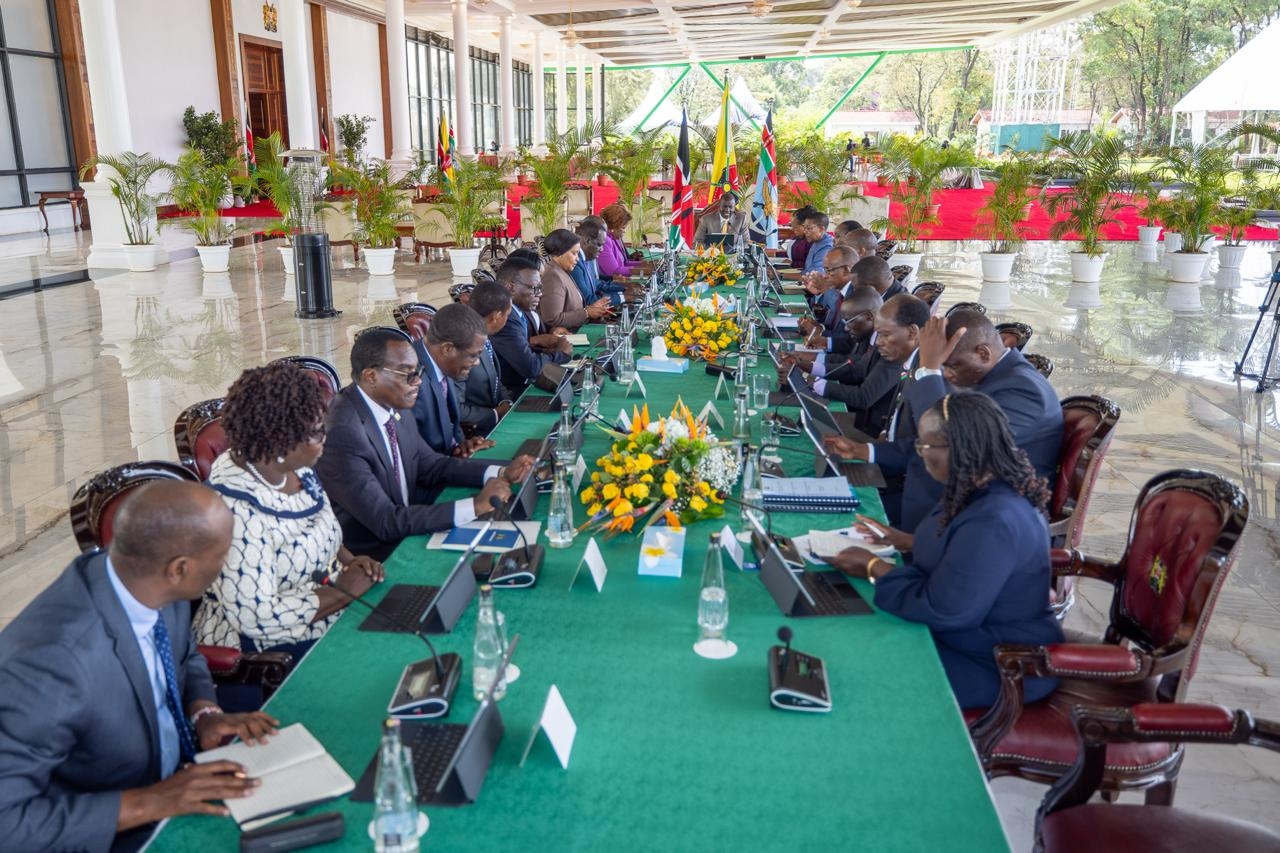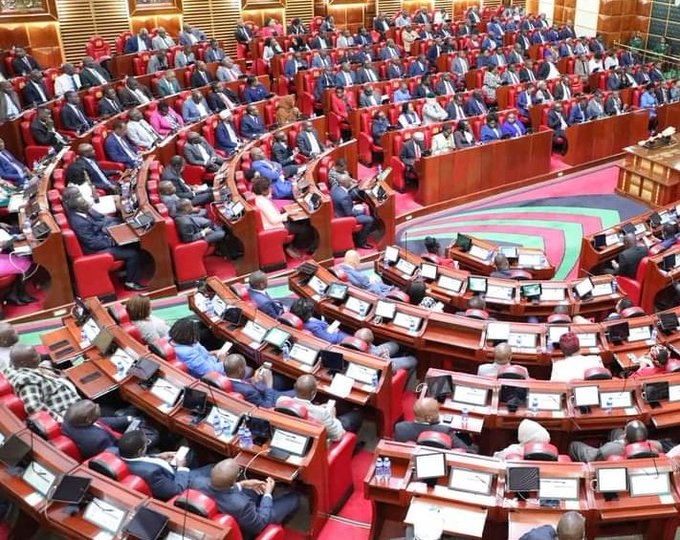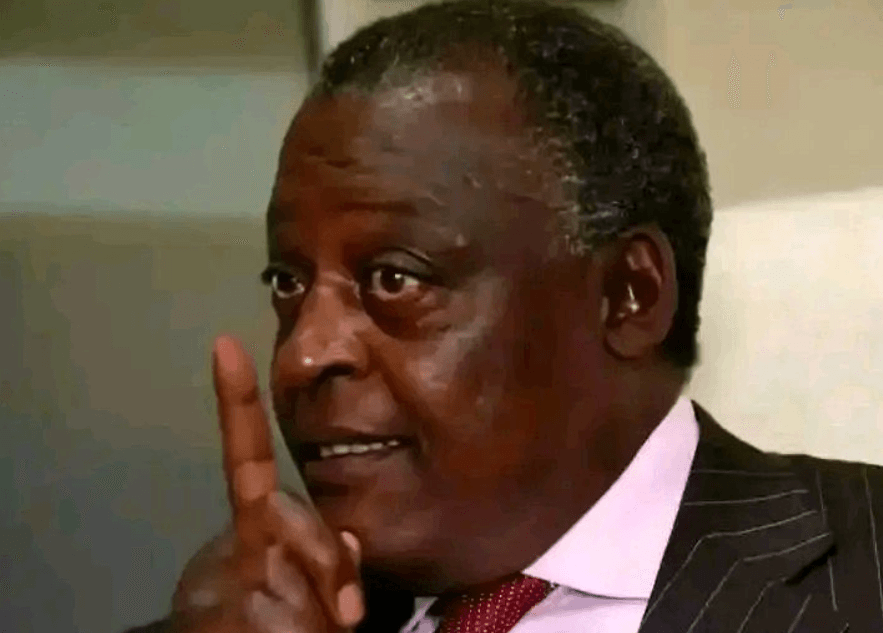Chief Justice Martha Koome has said she will continue pushing for an alternative justice system in the country to ensure all Kenyans have access to justice and decongest cases in courts across the country.
Speaking on Thursday during the Hearth summit in Nairobi, Koome said when she took office three years ago, she started interrogating the strategies in place in the 2010 Constitution that expect the judiciary to be responsive to the aspirations of the people.
The two-day summit brings together at least 300 change makers to discuss well-being and lay a roadmap for collective action for the well-being of society.
The summit is being hosted by the Wellbeing Project and Axum.
The summit brings together a diverse group of industry visionaries, innovators, and dedicated professionals committed to shaping societal well-being.
The Chief Justice said it's the duty of the Judiciary to empower the people to know, claim and defend their rights and ensure courts are accessible to them.
Koome raised concern that a recent study had shown that only 15 per cent of Kenyans have access to a formal justice system. (2017 Justice Needs Satisfaction Survey).
“Those are the ones who can know when their rights have been violated, they can afford a lawyer to take the matter to court if they are dissatisfied they can go to the higher court and pursue their rights," Koome said.
"The question we asked ourselves is then what kind of justice are we administering if we are targeting only 15 per cent of the population and therefore we started thinking about the multi-door approach to justice," she said.
The Chief Justice acknowledged that justice is not only found in the formal court system but in homes, communities, places of worship and markets hence the need to have many ways of resolving disputes other than going to court.
She noted that for instance, court-annexed mediation has been put in place and it ensures when people come to court the cases are screened to see those that can be resolved through proper communication between the parties.
"Many of the problems especially the ones which have clogged our justice system are family disputes and succession matters," Koome said.
She added: "The other day I went to launch ukumbi suites in Nakuru and other parts of the country where we have trained community leaders to resolve and help people resolve these problems. If we can do that, we will unclog our system."
She said the judiciary is also empowering families to see the importance of resolving their disputes without having to drag each other to court.
Through this, the judiciary can reduce tension, create harmony in the family and reduce trauma which is passed down through generations, she said.
She, however, noted that this will be achieved through collaboration with the counties and other key stakeholders in the justice sector.















